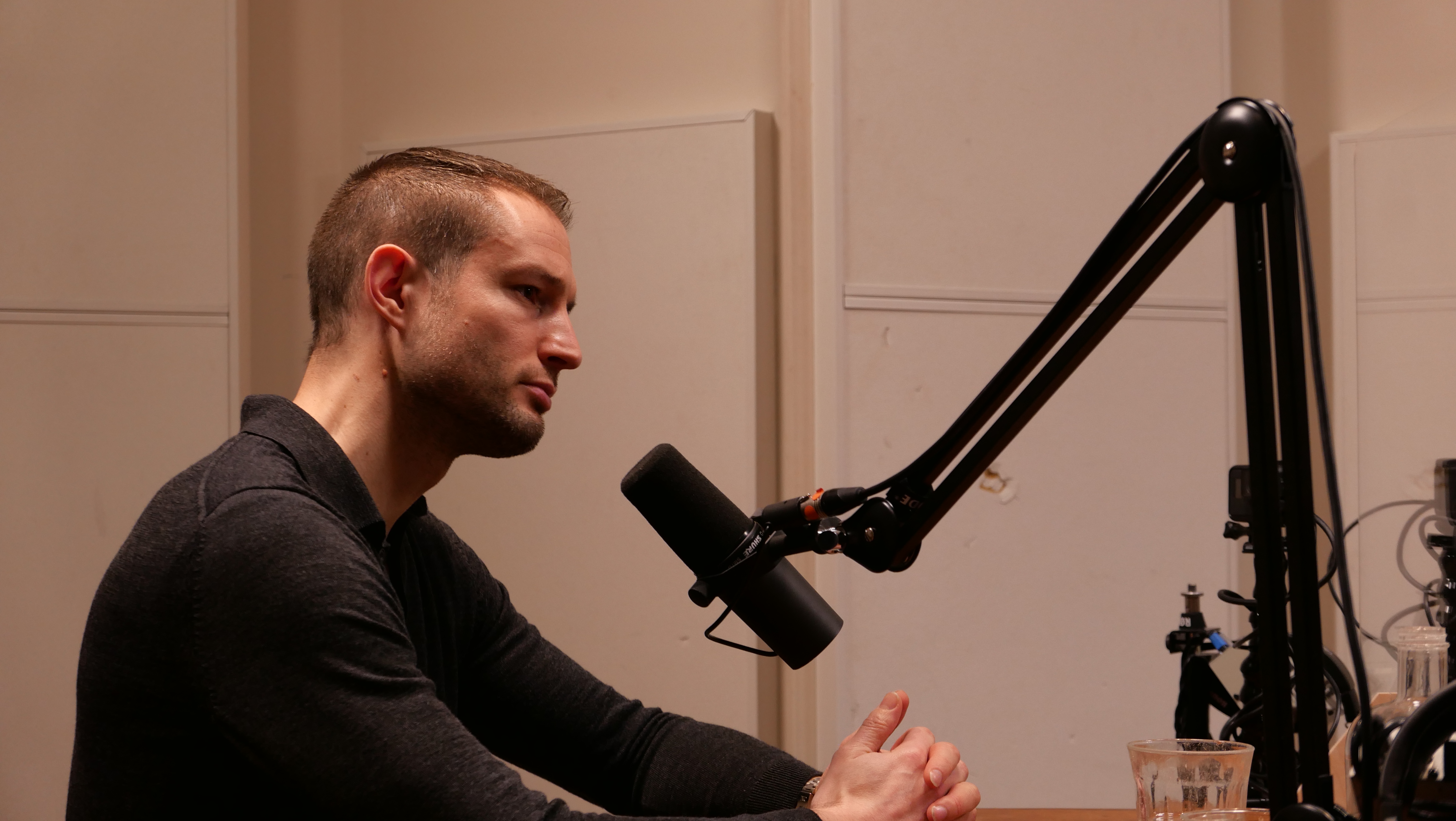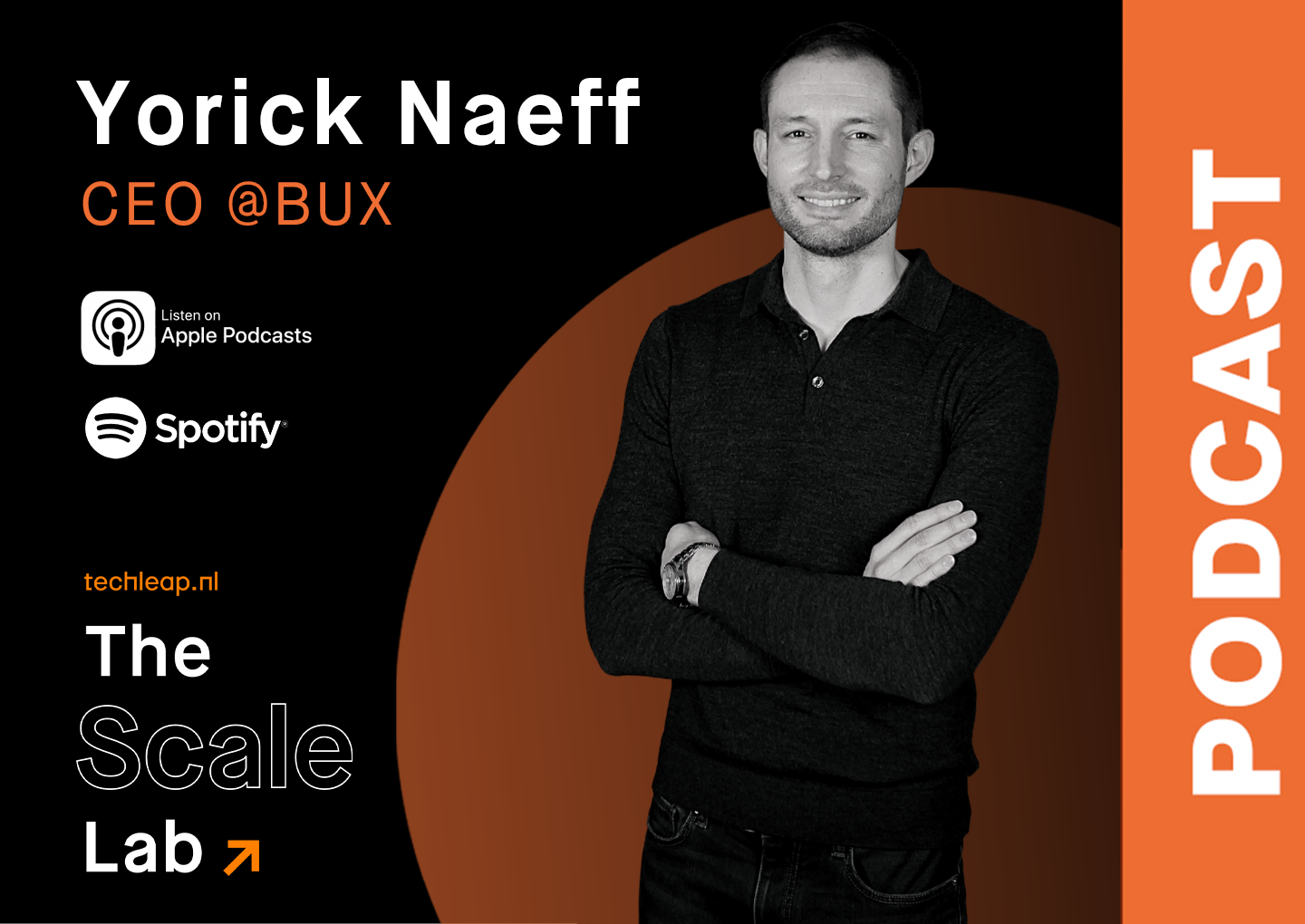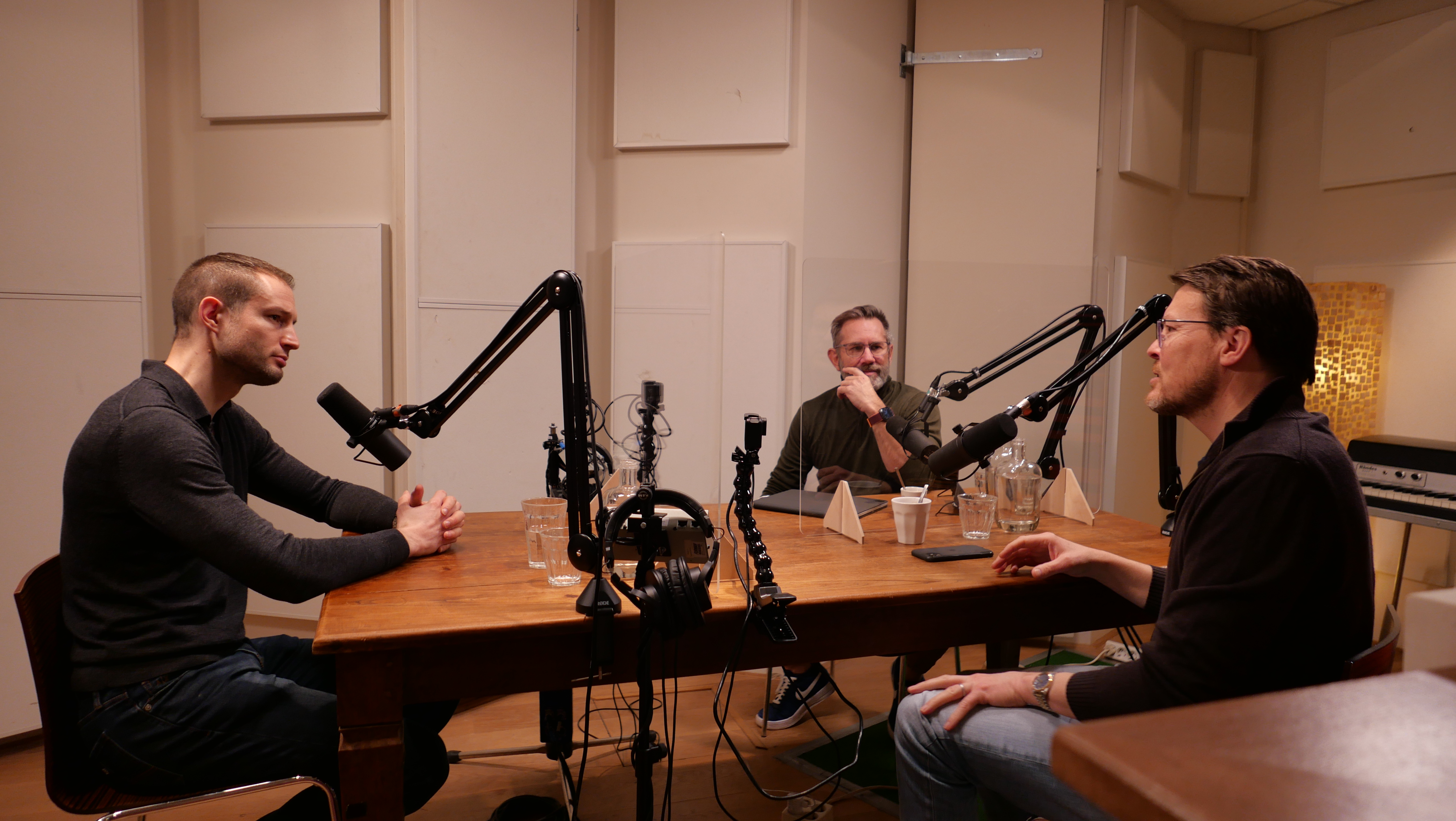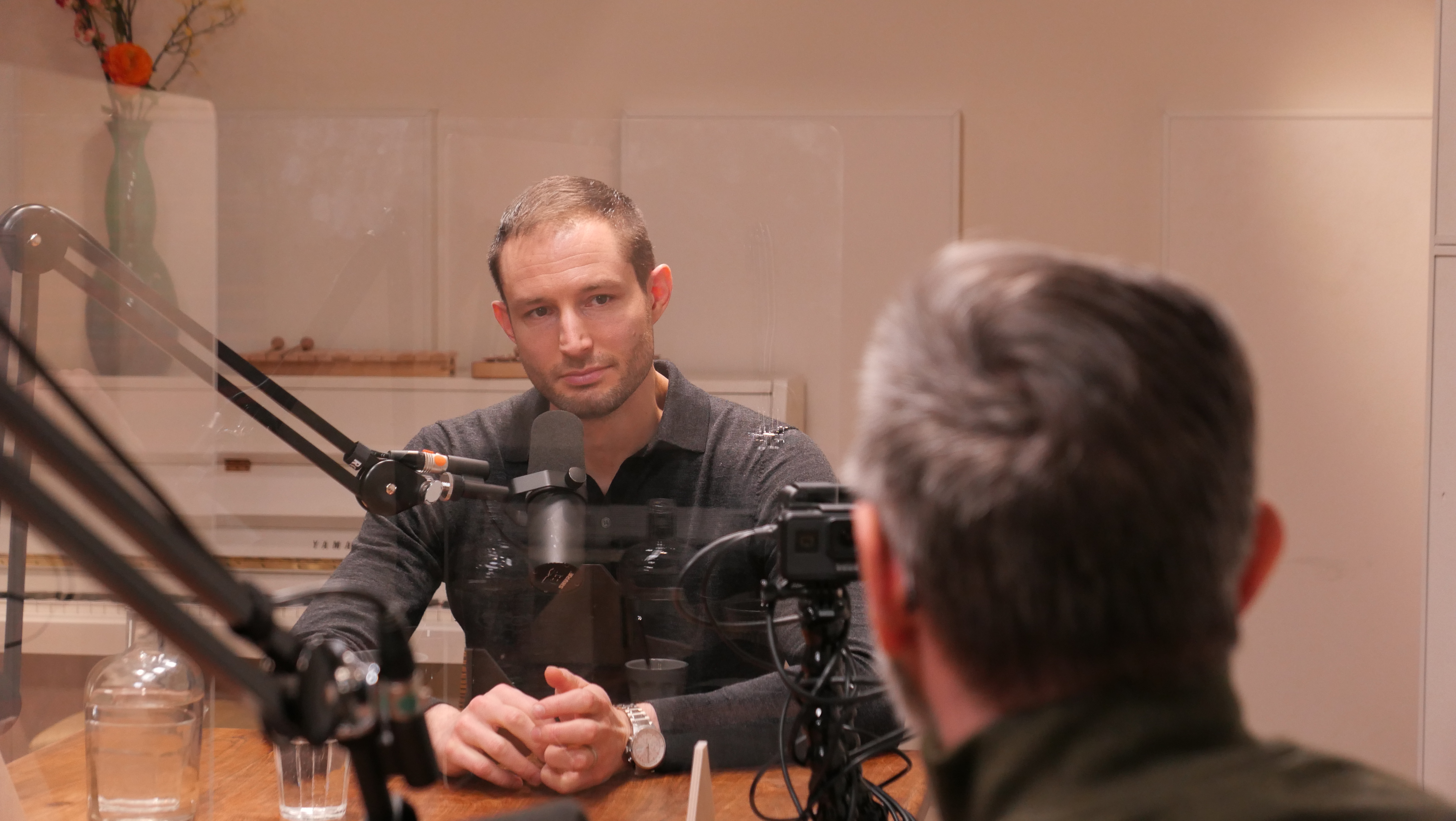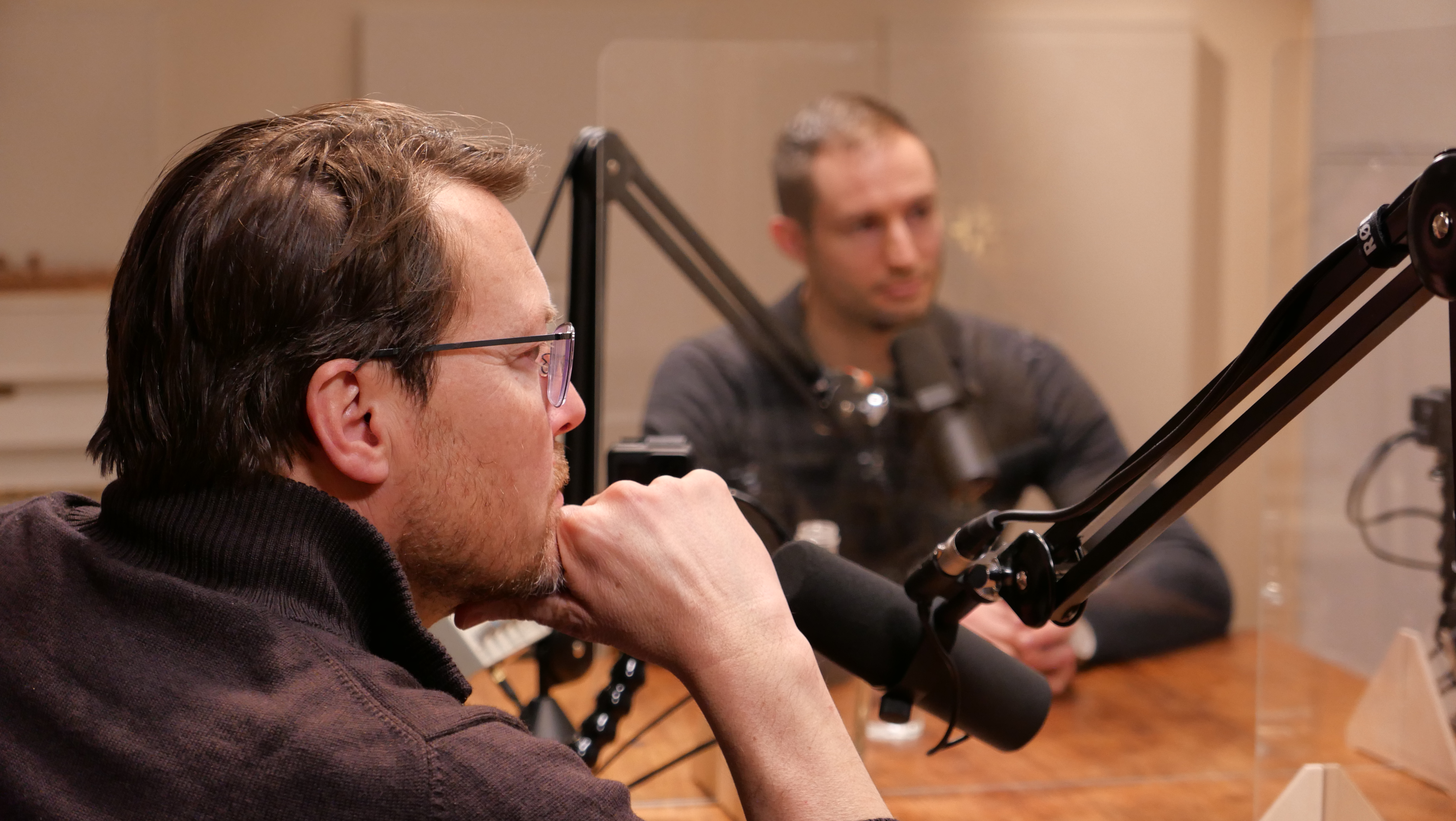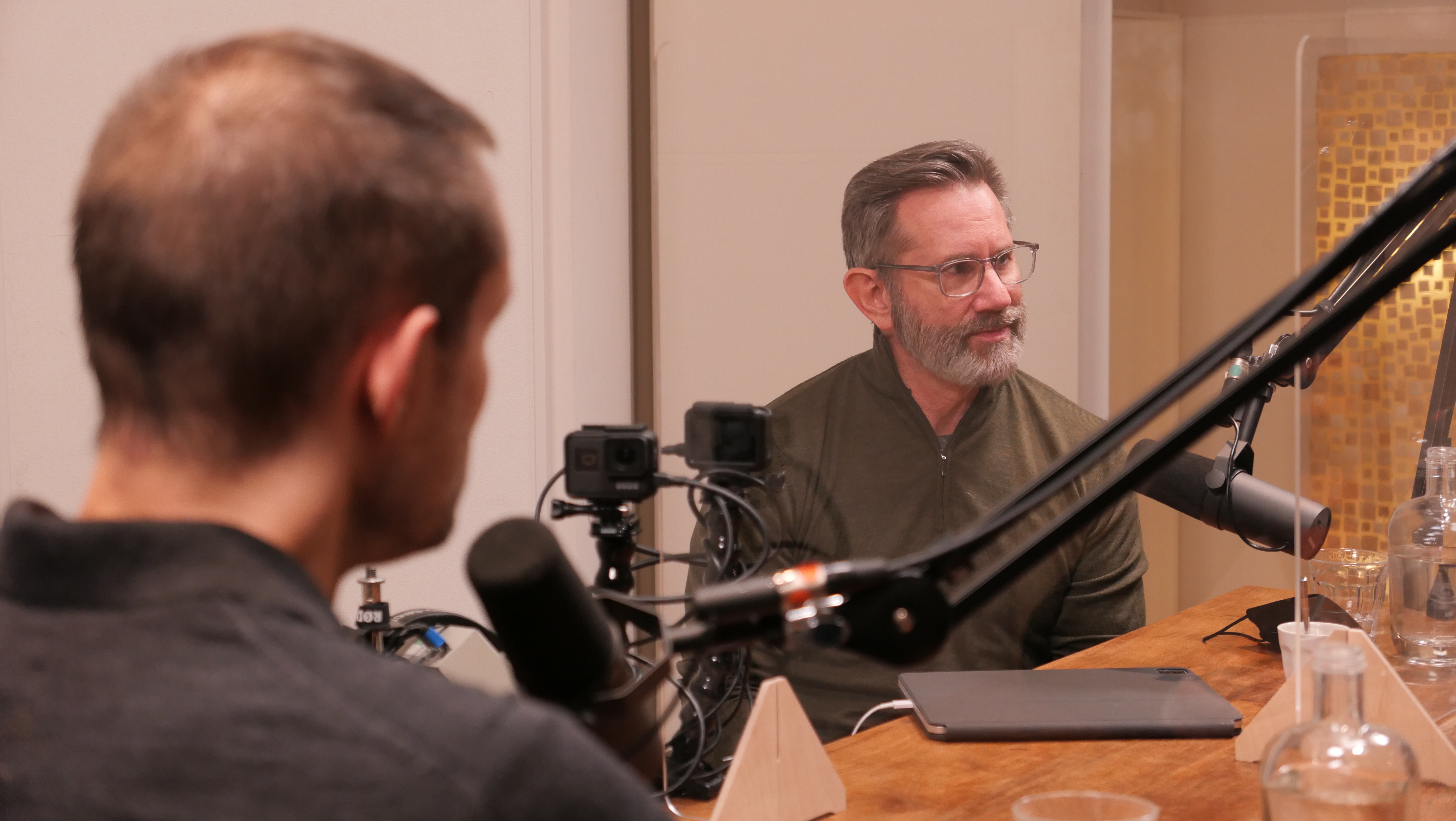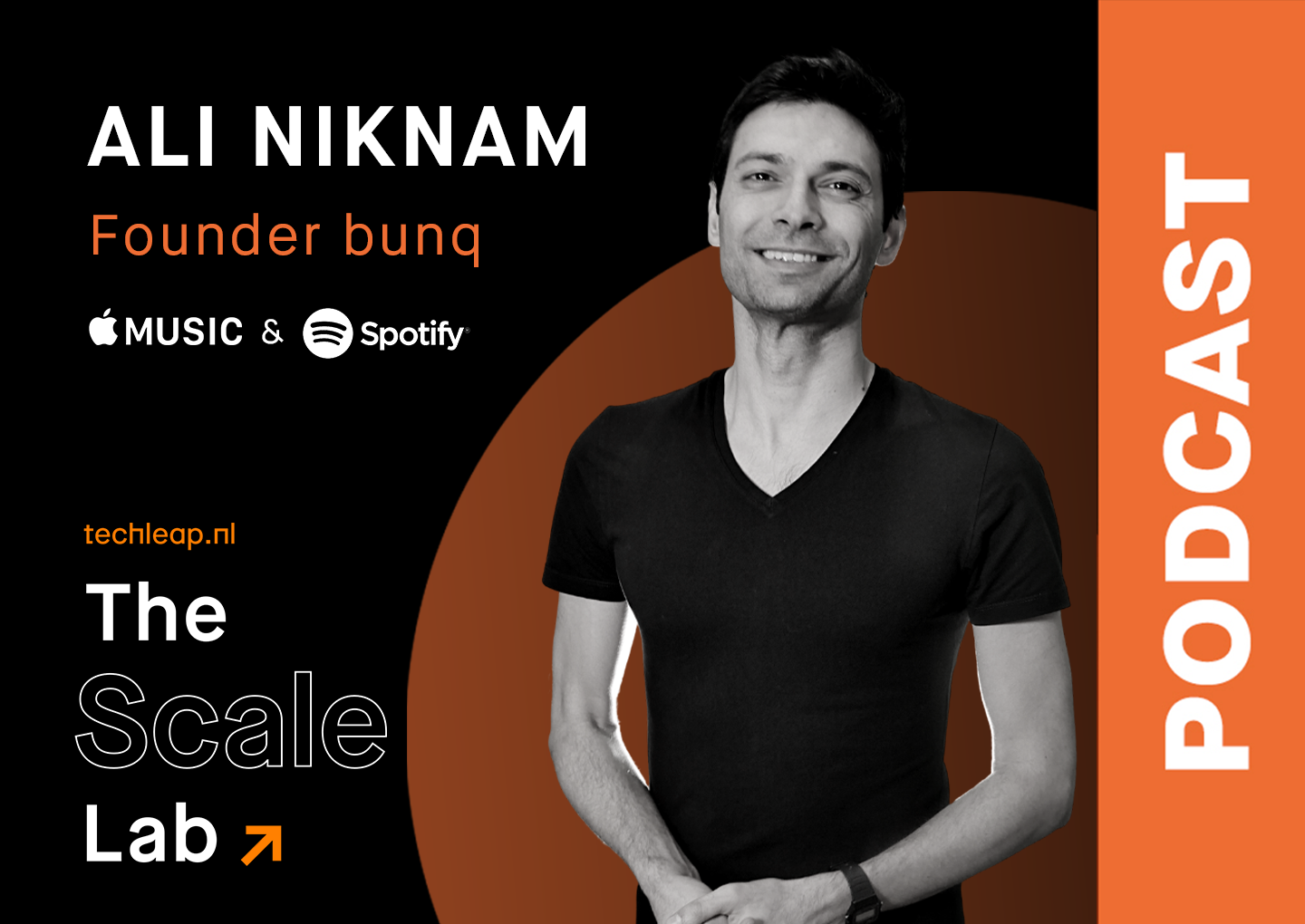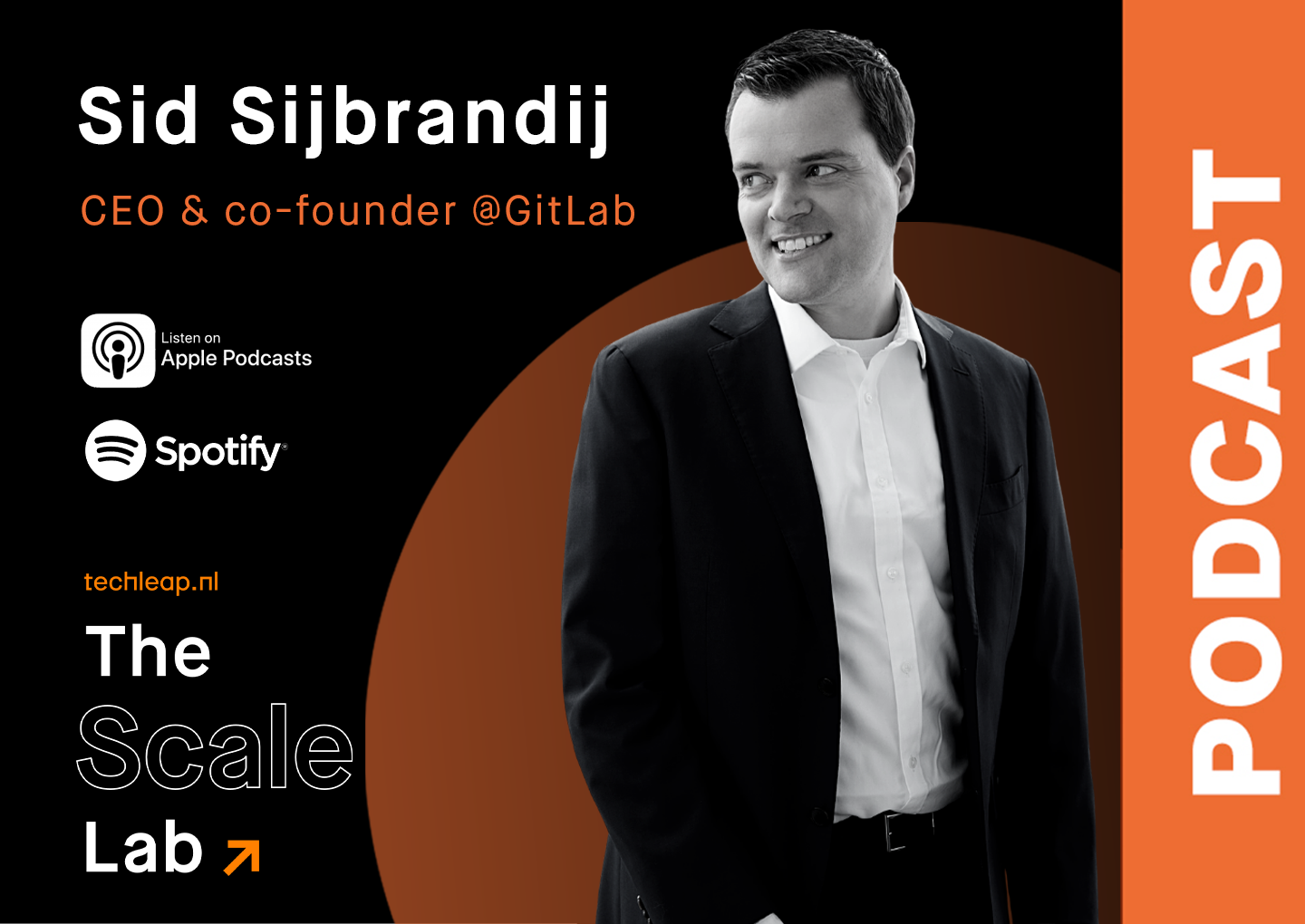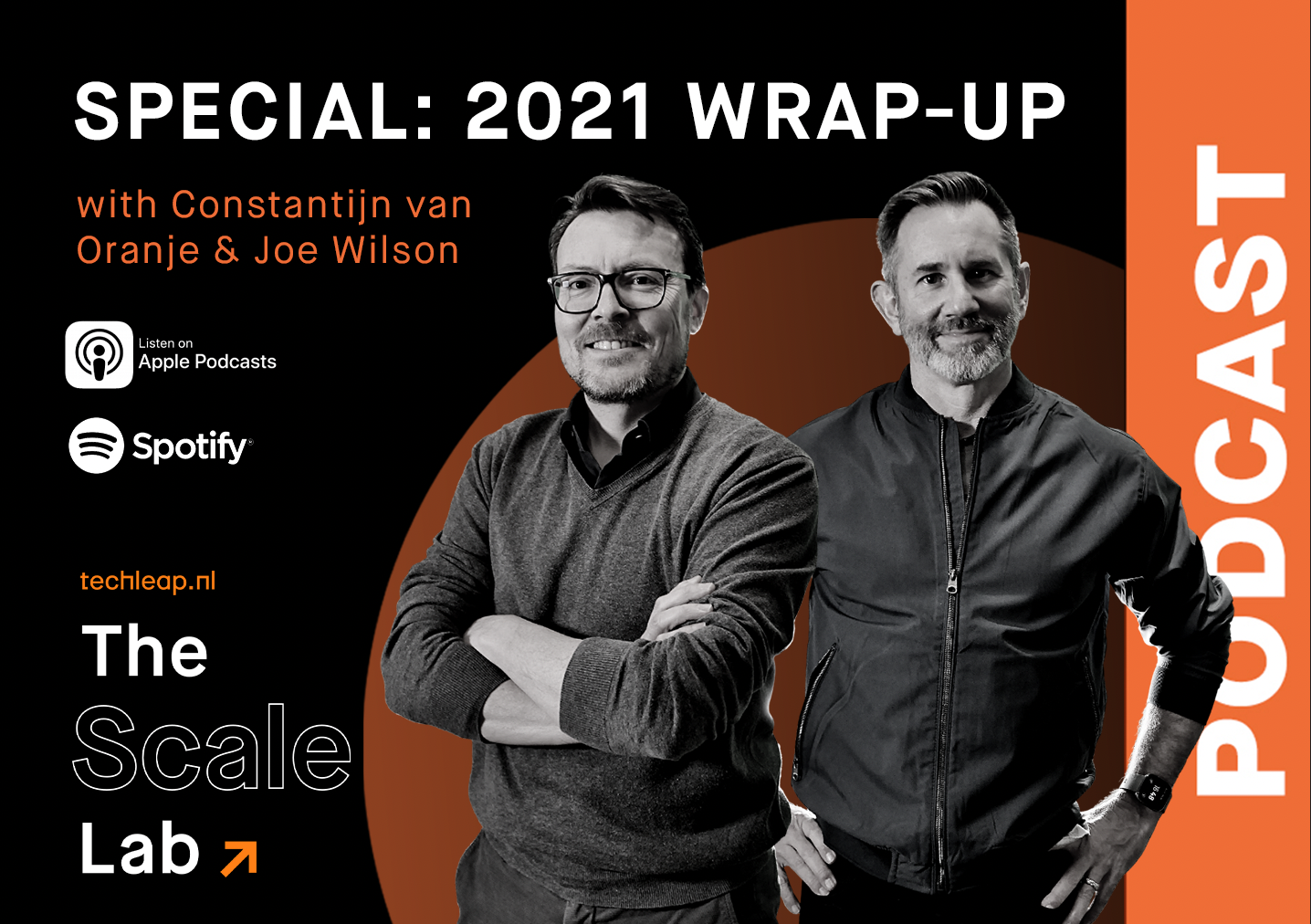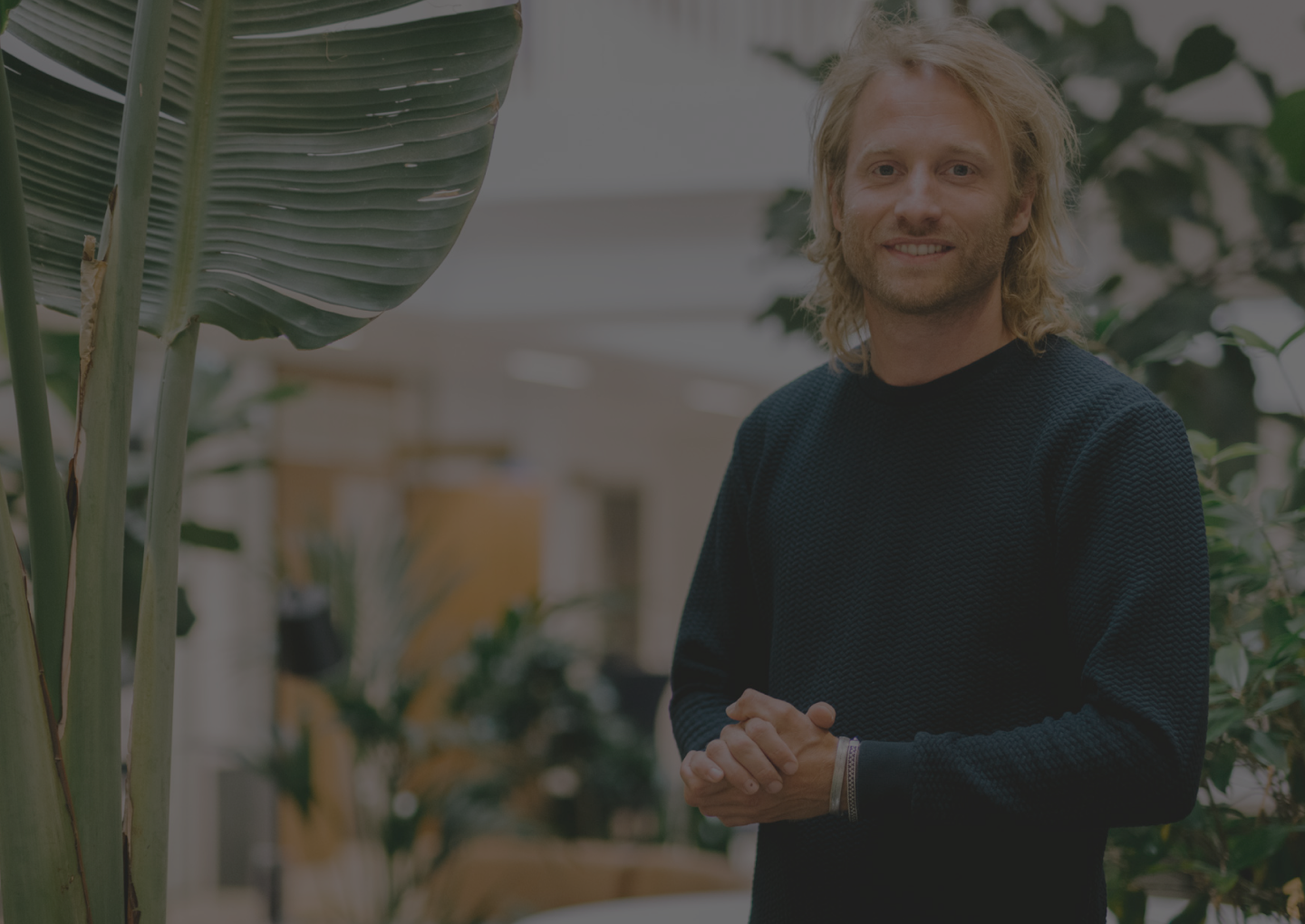Yorick: In the past seven or eight years, there were lots of different things that stood out, but I think there are a few things that are especially worth mentioning for people listening to the podcast. We’ve made one large pivot along the way with BUX. Initially, we started the company with the idea of making investing accessible, intuitive, and also affordable for everyone. This vision is still there, but we completely changed our own mindsets on how this should work for people.
We started with a speculative app that had a very understandable & great UX/UI, fat finger design, essentially everything the new generation wants and expects from a mobile application in the trading space. And we were very successful at it. However, at some point, you realise that speculative trading isn't everything. We also want to help people build a financial future for themselves.
Therefore, that initial vision became much larger, which implied that we had to change our investment proposition to a more mid/long-term one. And this shift is very difficult to make if you use the same application you currently have. So, we did a few things: first, we fully acquired our entire executing broker partner back in 2017, and as a result, owned the full value chain. This acquisition was a very important learning point of how to basically build a brokerage firm from the ground up. It was our biggest pivot as a company, which lead eventually to our flagship app BUX Zero.
